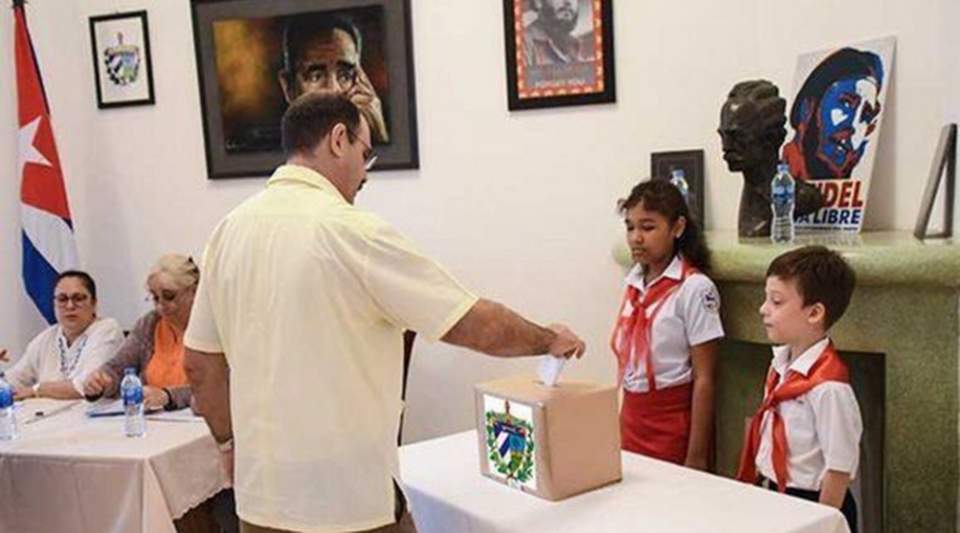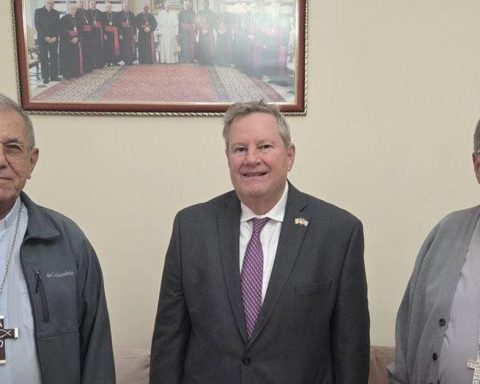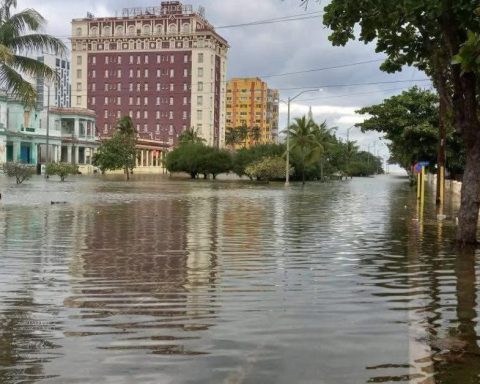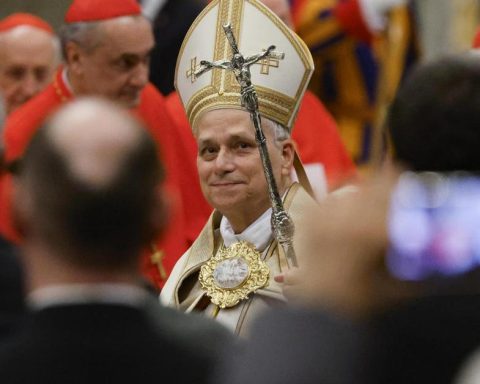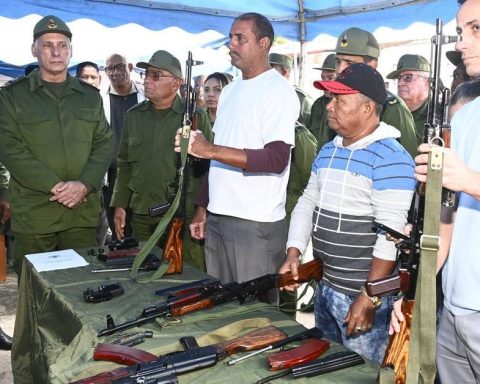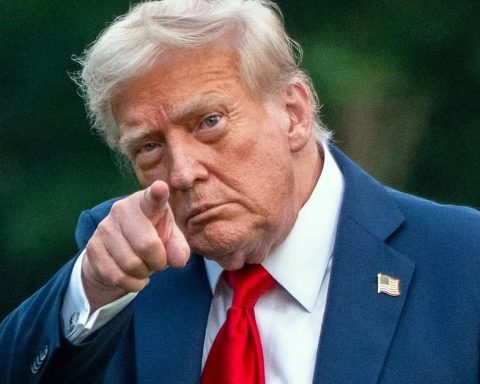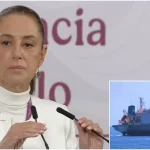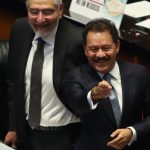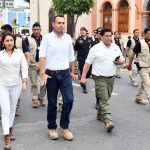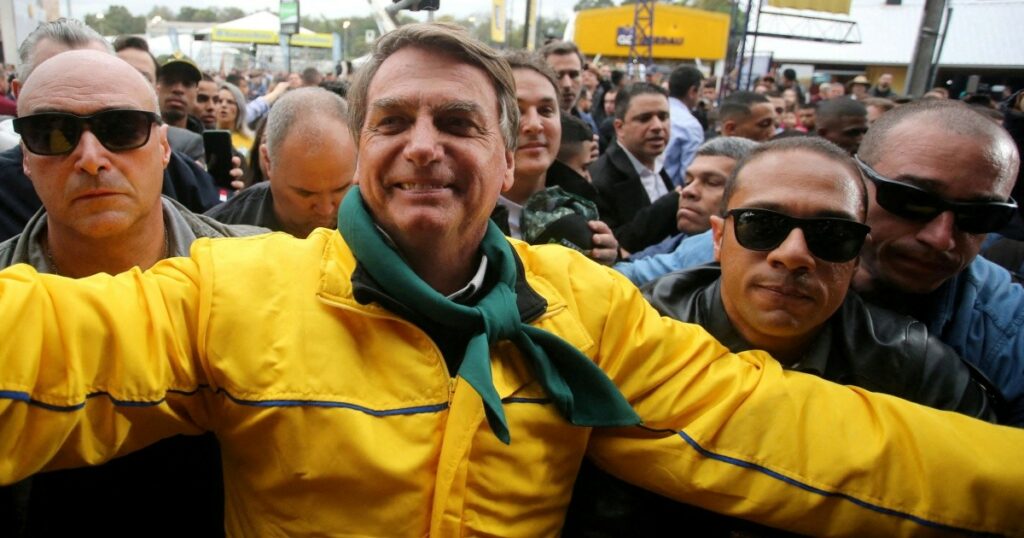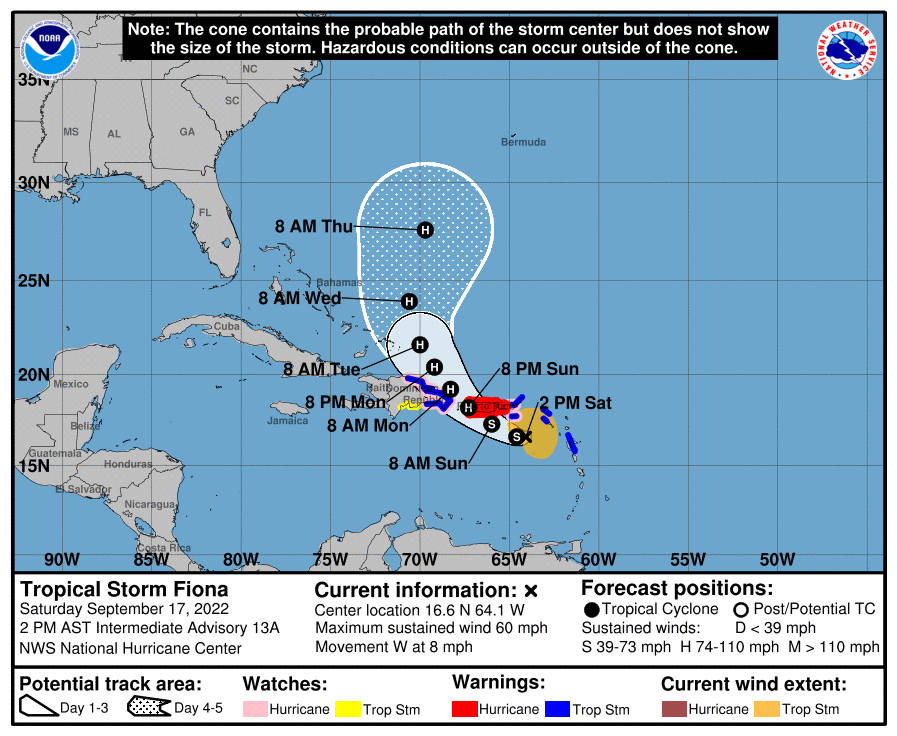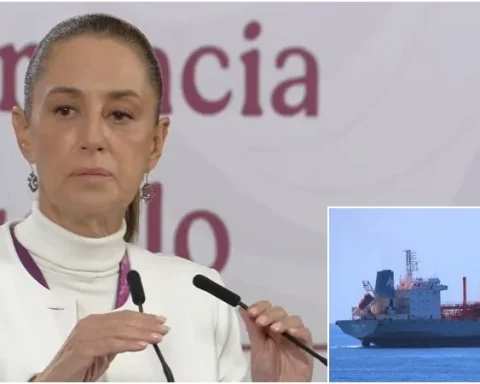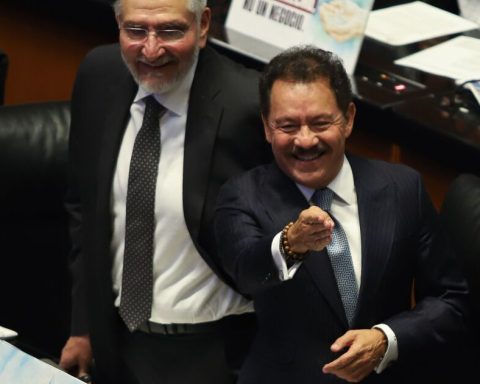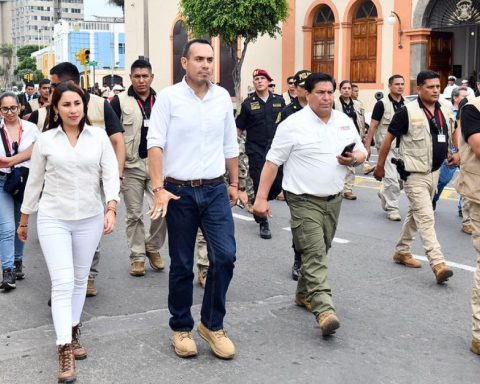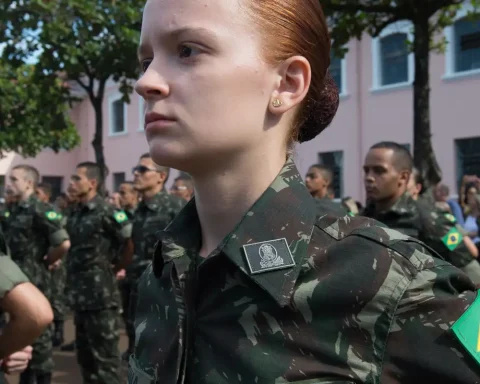Cuban emigrants will not be able to participate in the referendum on the new Family Code, despite the fact that the Government has concealed this exclusion by stating that it has 1,000 polling stations and 124 constituencies abroad.
in the official program Round table issued this Thursdaythe president of the National Electoral Council, Alina Balseiro Gutiérrez, explained that there is a structure for voting outside of Cuba, where members of “diplomatic and state missions” will exercise their right, but avoided mentioning whether Cuban exiles could go to the consulates of the island.
Also ambiguous was the president of the special Electoral Commission of the Ministry of Foreign Affairs, Gustavo Machín, who detailed to the Prensa Latina agency the preparations for the “embassies and missions abroad”. According to Machín, not only diplomats will be able to participate, but all those who fulfill “official” assignments, such as doctors, teachers and others.
Like Balseiro, Machín passed over the possibility of exiles going to the polls, although he did have time to point out that in Venezuela alone there are 640 polling stations, which, based on the figures offered by Balseiro, represents more than half of the 1,000 available in the rest of the world.
The referendum repeats the electoral strategy of 2019, when emigrants were also prevented from deciding whether or not to accept the new Constitution of the Republic
The island’s consulates and embassies have spread the official propaganda about the new Family Code, but they do not offer practical information on whether Cubans residing abroad can vote or not.
Characterized over and over again by the Government as “a broad, democratic and contributing process”, the referendum repeats the electoral strategy of 2019, when emigrants were also prevented from deciding whether or not to accept the new Constitution of the Republic.
That year, the pages of various Cuban diplomatic missions they circulated the same message: only members of missions could vote at embassies; Cubans who, residing abroad, would like to cast their vote, should present themselves “directly” to their constituency on the island.
The impossibility of exercising an inalienable right on Cuban legislation has led to the creation of several electoral initiatives outside the country that, although they are not binding, will constitute, according to their promoters, a first step in the electoral claim.
With this intention, the organizations DemoAmlat and Electoral Transparency have organized an electronic voting platform. The objective, according to the official page of DemoAmlat, is that it becomes “an exercise in citizen participation” that allows polling the opinion of exiles.
The voter registry in exile has caused a controversy between those who allege the usefulness of the inventory and those who believe that it could become an instrument for espionage
The vote is scheduled for September 25, between 7:00 a.m. and 6:00 p.m., simultaneously with the Cuban referendum. Likewise, with the registration of voters, they intend to establish “a register of Cubans residing abroad.”
This final registry of voters in exile has caused a controversy between those who allege the usefulness of the inventory and those who believe that it could become an instrument for espionage by State Security.
Cuban activist Félix Llerena was one of those who defended on Twitter the DemoAmlat initiative, which he characterized as “a first step in organizing ourselves as a diaspora”. However, other users have described the registry as “something very dangerous”, because it is a collection of names whose vote the Government will not consider valid, but which will be useful for the signing of opponents in exile.
________________________
Collaborate with our work:
The team of 14ymedio is committed to doing serious journalism that reflects the reality of deep Cuba. Thank you for joining us on this long road. We invite you to continue supporting us, but this time becoming a member of our journal. Together we can continue transforming journalism in Cuba.
